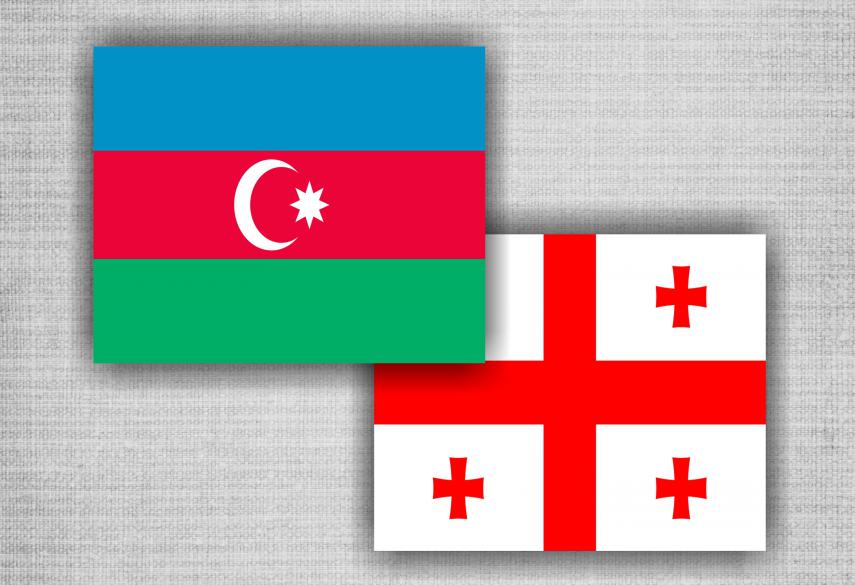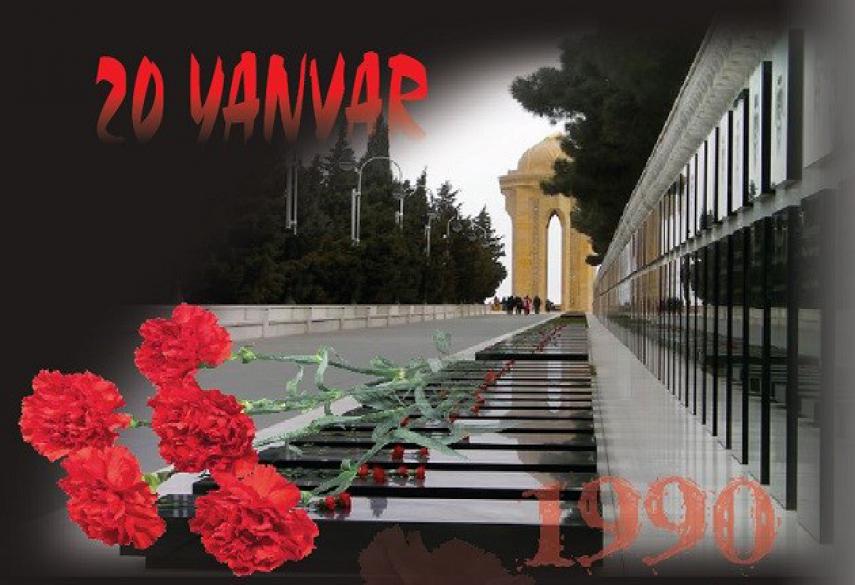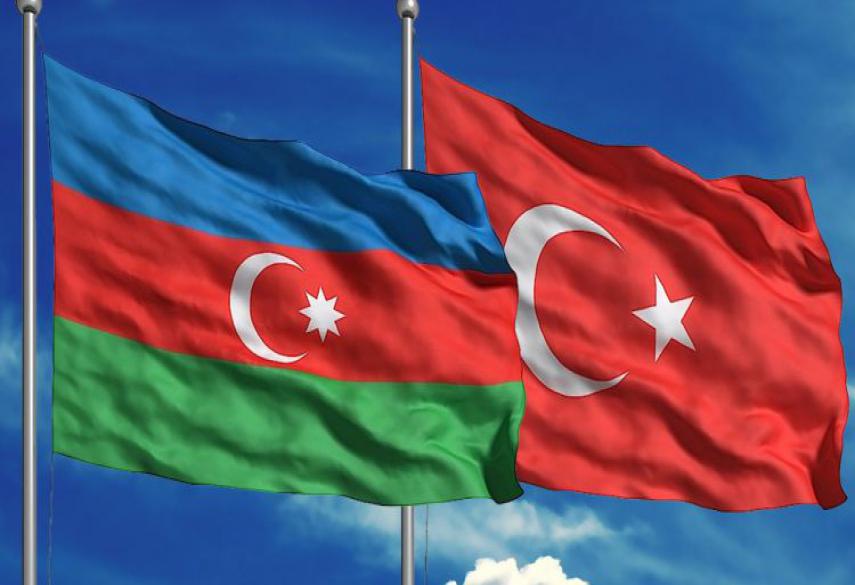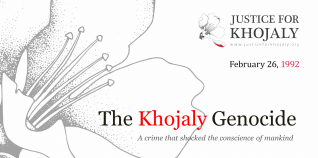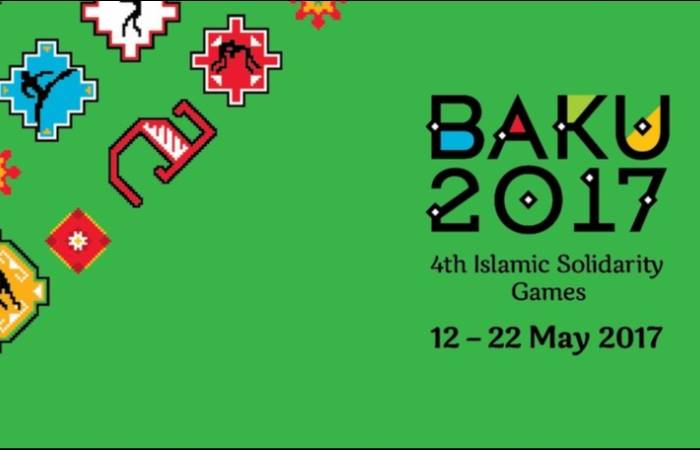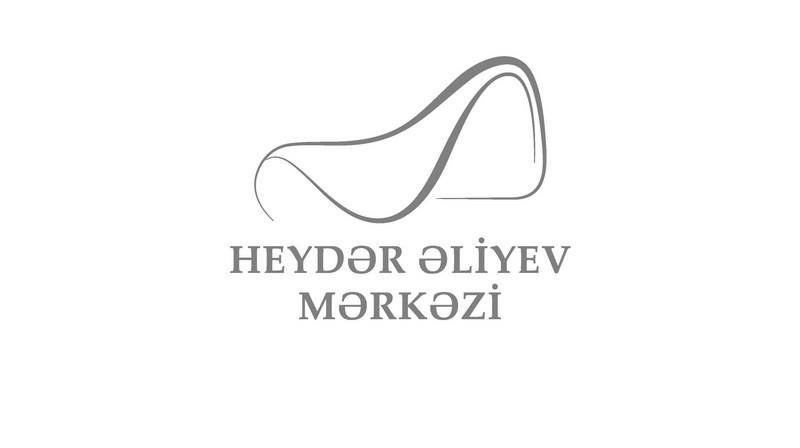Khojaly genocide: political assessment
The Khojaly genocide is the most terrible page in the Armenia-Azerbaijan, Nagorno-Karabakh conflict. Over the night from 25 to 26 February 1992 Armenian-dashnak armed forces with support of the infantry guards regiment No.366 of the former Soviet Union committed one of the most horrible genocides of the century in Khojaly. A purposeful action started in 1993 to provide true information to the world community on the Khojaly genocide. The Khojaly genocide had to take one of the main places in the history of Azerbaijan’s public-political mentality, be highlighted in domestic and foreign policy, practical steps had to be taken in this course. Unfortunately, while Azerbaijan was face to face with internal chaos, Armenians, using their opportunities abroad, delivered disinformation to the world about the Khojaly genocide.
Political assessment of the Khojaly genocide is linked to the name of national leader Heydar Aliyev. As an acting president and Chairman of the Supreme Soviet, Heydar Aliyev submitted on July 26, 1993 a written appeal to the President of the UN Security Council to call an urgent meeting of the Council in order to take necessary measures to prevent an Armenian aggression. On February 24, 1994, Milli Mejlis adopted a decision to mark February 26 as “The Khojaly genocide day” and inform international organizations of this, and thus, the genocide received a political assessment for the first time. On February 24, 1995, Milli Mejlis applied to the world parliaments and international organizations concerning the Khojaly genocide. On February 25, 1997, national leader Heydar Aliyev, who always honored the victims and martyrs of the massacre, signed decree “On declaring the minute of silence in the memory of victims of the Khojaly genocide”.
The Khojaly genocide, which was committed with an unprecedented vandalism, and all torments of the Armenia-Azerbaijan, Nagorno-Karabakh conflict, in which the Azerbaijani people has unfairly been involved, must comprehensively be delivered to the world community, a serious and purposeful work must be carried out to achieve its firm and unambiguous position. Lack of political attitude on the genocide provides a basis to another one. Also the genocide must be declared a part of the purposeful and deliberate policy pursued by Armenia. The policy aimed at the recognition of the Khojaly genocide, one of the bloodiest and most horrible crimes of the 20th century, by the world states as genocide has positive results already, since a number of states have condemned this genocide, declarations directed to the global recognition of the Khojaly genocide have been adopted.






